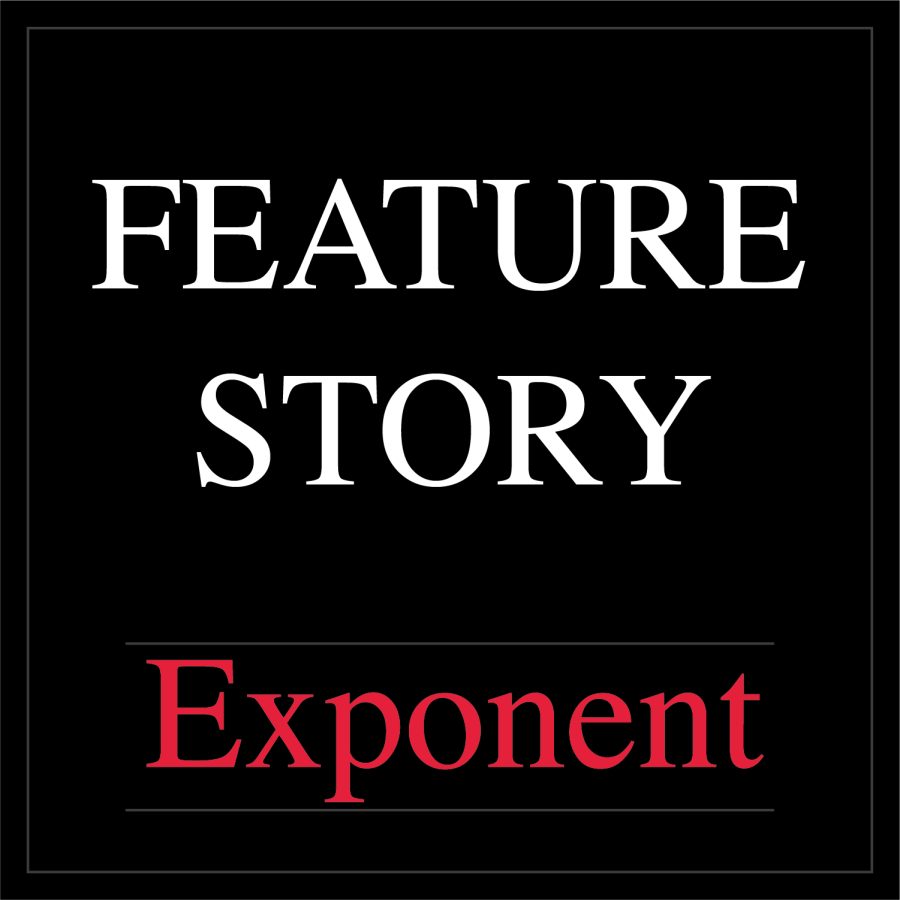The Exponent: What Do We Do?
Welcome back to the school year, everyone! I hope that you were able to enjoy your warm, sun-filled summertime right before we return to the excitingly overcast, cool, misty and cold fall and winter.
Whether you are a freshman who attended Bridgefest, a returning student who saw us at the involvement fair or a returning senior who recently discovered that we had a student newspaper, I want to formally introduce us to you, the UW-Platteville student body.
We are the Exponent, the UW-Platteville student newspaper, established in 1889, and continuously published since 1900. We produce our weekly editions on Tuesdays and publish on Thursdays. You can find copies of the Exponent in all Residence Halls, Academic Buildings, the Markee Pioneer Student Center, the PAC, GWAM and various businesses around town.
I have had people ask me, “Why is the newspaper named the Exponent?” Fair question. The non-mathematical, archaic meaning of an ‘exponent’ is “that which exemplifies or represents the character of something,” as humbly listed on editions of the Exponent at the beginning of the 1900s.
You can imagine that, in 1889, when the Philadelphian Literary Society, a student group, began publishing the Normal Exponent, named after the Platteville Normal School, that they were quite smug in their satisfaction of a self-complimentary name.
While we are no longer published through the Philadelphian Literary Society, we carry the name of the Exponent with pride. And, while we do not dress in suits and ties or write in superfluous cursive like the PLS used to do, we still adhere to our adaptive production process.
The process begins during our business meetings every Monday at 5:30 p.m. This is the time to share general information, to review our story document and to start copy-editing before production night.
The backbone of the meeting is the story document, maintained and managed by our Managing Editor, Nick Wagner.
In this document, he tracks upcoming events, news stories or feature pieces as well as who has planned to write pieces for the upcoming production night.
By no means does the story document solely dictate what people may write, but it serves to provide structure.
Once we have reviewed the story document, our Chief Copy Editor, Natalie Downie, begins to organize an email-based copy-editing system through which we proofread and review all written pieces before production night. This new integration to our system has saved much time during production night, and has provided the copy editors more time to review pieces thoroughly.
Copy editors have from Monday evening to Tuesday afternoon to edit a couple pieces each. Then, on Tuesdays at 4:00 p.m., the magic begins in the office.
Production night is where we combine the skills of writers, editors and designers to procure the newspaper you know and love.
We begin by sketching out where pieces will be placed within the edition based on word count and graphics. Our Chief Graphics Editor, Morgan Fuerstenberg, receives a list of graphics that we need for the stories and begins to create them.
We then distribute our marked-up pages to layout editors working on the computers. They begin to place the stories onto the respective InDesign files.
Once a page has been laid out, it is printed out three times. Each print-out receives three reads from copy editors in the office.
At the end, our Chief Layout Editor, Justice Corpora, reviews the InDesign files for the first of two executive approvals. Then, they send the files to the Editor-in-Chief, me, for the second and final executive approval.
Finally, we send the files for printing to the good folks at Woodward Printing located in the Platteville Business Park.
Toward the end of each Wednesday, our Circulation Manager, Zach Johnson, prepares the mail subscriptions. On Thursdays, he distributes the paper on campus and around town.
And just like that, our production process restarts!
I’ve heard people say that, because they are not an English major, they are not qualified to work with the Exponent. Not many of us are English majors! We come from engineering, criminal justice, environmental science, psychology, graphic design, interdisciplinary art and more.
The Exponent gives students the opportunity to share their voice with the Platteville community.
I invite you to join us somewhere along our production journey this semester as a writer, copy editor, layout editor or reader. All are welcome!
Find us on PioneerLink or contact us via email at [email protected] for more information.




